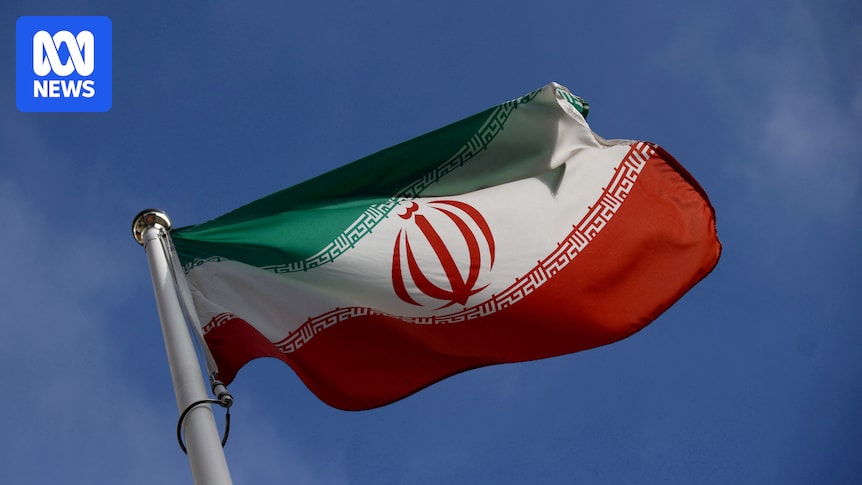
Prime Minister Anthony Albanese has taken the extraordinary step of expelling Iran’s ambassador and closing Australia’s embassy in Tehran. This decisive action follows intelligence reports linking two antisemitic attacks in Sydney and Melbourne to Iran’s Islamic Revolutionary Guards. Meanwhile, Tehran is confronting a new diplomatic setback as three European nations — the UK, France, and Germany — signal their intention to restore major UN sanctions over Iran’s controversial nuclear program.
The announcement comes as Iran’s nuclear ambitions continue to cause global concern. The International Atomic Energy Agency recently reported that Iran is “dramatically” accelerating its enrichment of uranium to up to 60 percent purity, edging closer to the 90 percent level needed for weapons-grade material.
Nuclear Ambitions and Regional Power Dynamics
Iran’s nuclear program has long been a point of contention. The global community has suspected Tehran of being on the verge of developing nuclear weapons, a scenario that could significantly alter the power balance in the Middle East, particularly concerning its adversary, Israel. This suspicion was one of the justifications for the conflict between Iran and Israel earlier this year, which included US President Donald Trump ordering bunker-busting strikes on an Iranian facility.
Iran has been under the rule of an authoritarian Islamic theocracy since the 1979 revolution, with Ayatollah Ali Khamenei serving as Supreme Leader since 1989. The potential acquisition of nuclear weapons by Iran is seen as a critical threat by many nations, especially given its longstanding enmity with Israel.
Diplomatic Efforts and the JCPOA
The development of Iran’s nuclear technology prompted diplomatic efforts, notably the 2015 Joint Comprehensive Plan of Action (JCPOA). This agreement, reached with Britain, Germany, France, the US, Russia, and China, lifted crippling sanctions on Tehran in return for restrictions on its nuclear program. Former US President Barack Obama emphasized that the deal was designed to prevent Iran from developing nuclear weapons.
The UN Security Council enshrined the JCPOA in a resolution in July 2015, which included a “snapback” mechanism allowing for the reimposition of sanctions if Iran failed to comply with its commitments. This resolution is set to expire on October 18, adding urgency to the current situation.
European Nations Push for Sanctions
This week, Britain, France, and Germany initiated the 30-day process to reimpose UN sanctions on Iran, citing Tehran’s failure to adhere to the 2015 deal. US Secretary of State Marco Rubio stated,
“The move is a direct response to Iran’s continuing defiance of its nuclear commitments. The United States supports the E3’s decision and urges Iran to engage in serious diplomatic negotiations to resolve the nuclear issue.”
The UN Security Council must now vote within 30 days on a resolution to continue Iran’s sanctions relief. This resolution requires at least nine votes in favor and no vetoes from the United States, Russia, China, Britain, or France. However, such a resolution is unlikely to pass, as Britain and France could use their veto power to block it, leading to the automatic reinstatement of pre-2015 sanctions in late September.
Iran’s Allies: Russia and China’s Stance
Russia and China, both allies of Iran, argue that the European nations have not adhered to the dispute resolution process outlined in the JCPOA. Despite their opposition, they cannot prevent the reimposition of UN sanctions but can choose not to implement them. Additionally, they can veto any Security Council attempts to penalize them for this decision.
While Iran finds itself increasingly isolated from Western nations and facing diplomatic challenges with Australia, it is not entirely without allies on the global stage. The support from Russia and China provides Tehran with some diplomatic leverage, albeit limited in the face of mounting international pressure.
The situation underscores the complex geopolitical landscape surrounding Iran’s nuclear ambitions and its broader implications for international relations. As the deadline for the snapback process approaches, the world watches closely to see how these diplomatic tensions will unfold and what it means for the future of Middle Eastern stability.







